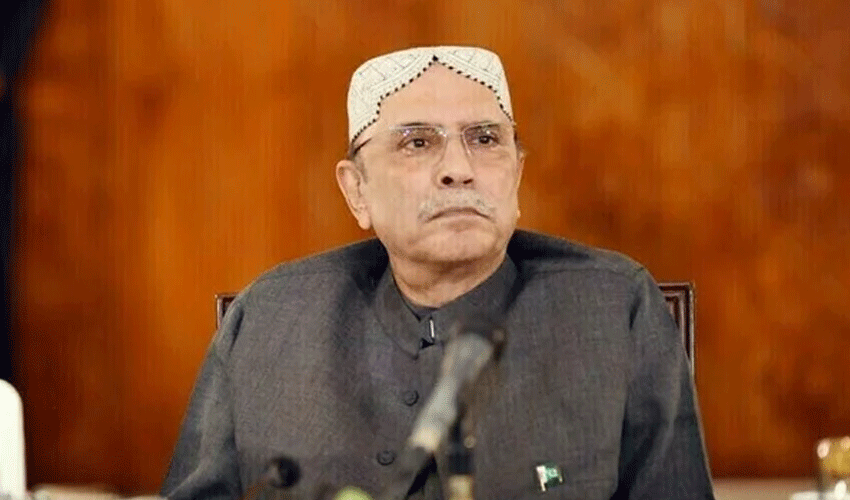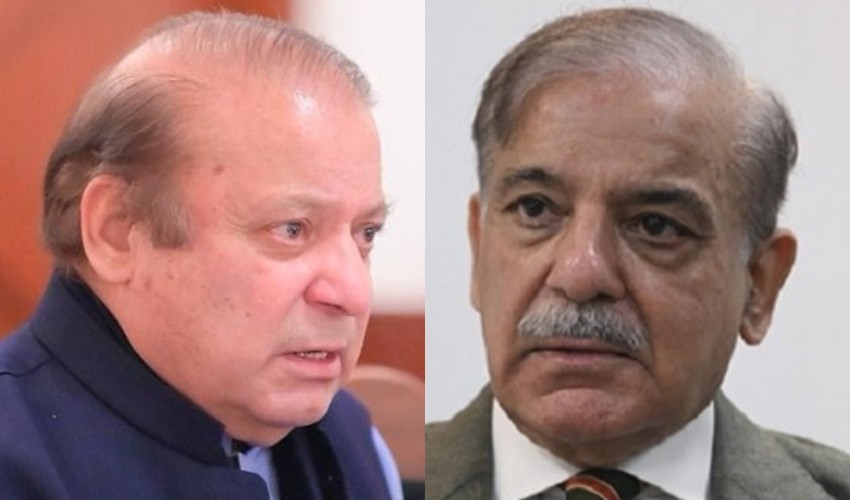In the ongoing negotiations between Pakistan and the International Monetary Fund (IMF), a significant agreement has been reached to increase the budget for the Benazir Income Support Programme (BISP). The budget for the next financial year is set to rise from the current Rs470 billion to Rs530 billion.
Alongside this increase, there are also proposals to expand the number of beneficiaries and the stipends they receive.
The IMF has underscored the need for greater expansion of social protection programs to eradicate poverty. This includes using data from individuals registered in BISP to implement targeted subsidies more effectively. The government has assured the IMF that provinces will be encouraged to share the burden of social security.
There is a plan to protect BISP beneficiaries through a cash transfer program to mitigate electricity tariff impacts. This move is part of a broader strategy to provide targeted subsidies using data from BISP registrants. Additionally, the number of beneficiaries is proposed to be increased, with a goal to register 20 million households by September.
Currently, BISP benefits 9.3 million individuals, as per the briefing to the IMF mission, adding that this year, an additional 300,000 families have been included in the sponsorship program. The health cash transfer program now supports 900,000 families, while the education cash transfer program has enrolled 1.9 million children.
The IMF has demanded increased transparency and improved administrative efficiency within BISP. These measures are aimed at ensuring that the expanded budget and resources are effectively utilized to benefit the targeted populations.
Macroeconomic framework
On the other hand, Pakistan's economic team has engaged in discussions with the International Monetary Fund (IMF), sharing the macroeconomic framework as both parties work towards setting fundamental economic goals.
Differences persist between the IMF and Pakistan regarding the definition of fundamental economic goals. The IMF estimates GDP growth to be limited to 3.5% in the next fiscal year, while the Finance Ministry has proposed a slightly higher growth target of 3.7%.
Inflation estimates also vary, with the IMF projecting it at 12.7% and the Finance Ministry at 11.8%. Sectoral growth targets have been proposed, with a 3.5% target for the agriculture sector, 3.8% for services, and 4% for the industrial sector.
Furthermore, there is a possibility of spending more than Rs9,700 billion in interest on loans. The IMF estimates the current account deficit at $4.6 billion, with the Finance Ministry suggesting a slightly lower target of $4.2 billion.
There are proposals to generate over $61 billion from exports and remittances, with an export target of $32.7 billion. Import estimates vary, with the Finance Ministry estimating $58 billion and the IMF projecting $61 billion.
The government has set a remittance target of Rs30.6 billion for the next financial year. The financial deficit for the next fiscal year is estimated at Rs9,600 billion, with a proposal to allocate Rs1,000 billion for federal development projects. The Federal Board of Revenue (FBR) aims to achieve a tax target of Rs12,400 billion, including an additional tax collection of Rs1,300 billion compared to the current year. Additionally, the pension bill is expected to increase from Rs801 billion to Rs960 billion.


























